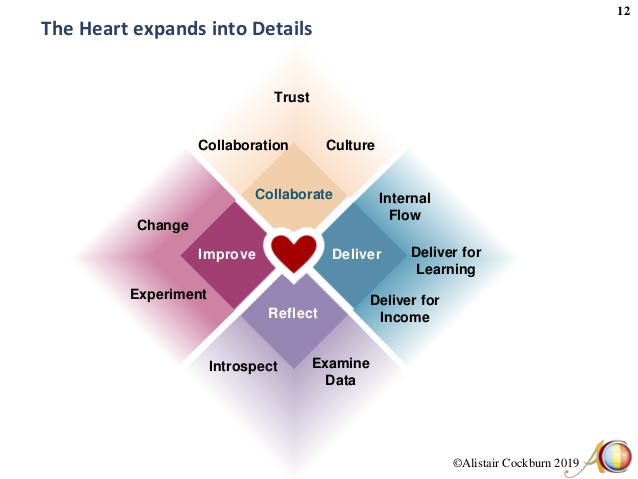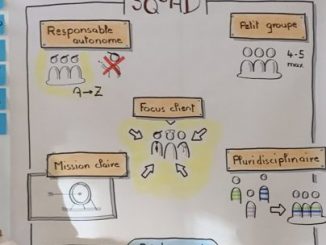
In the world of software development and project management, the term “Agile” has become synonymous with adaptability, collaboration, and delivering customer value. At the heart of the Agile methodology lies the Agile team — a group of individuals working together to create high-quality software while embracing change and customer feedback. Let’s delve into the definition and concept of an Agile team.

Definition of an agile team
An Agile team is a cross-functional group of professionals collaborating on a project with the shared goal of delivering valuable, working software to customers. These teams are the building blocks of Agile development and serve as the fundamental unit for planning, executing, and delivering software solutions.
Key characteristics of an agile team
- Cross-Functionality: Agile teams comprise members with diverse skill sets necessary for all aspects of software development. This includes developers, testers, designers, and business analysts, among others. Cross-functionality enables the team to handle all stages of development independently.
- Self-Organization: Agile teams are autonomous and self-organizing. They have the authority to make decisions related to the project, including task assignment, prioritization, and problem-solving. This empowers team members and fosters a sense of ownership.
- Customer-Centric: Agile teams prioritize customer satisfaction and value delivery. They engage with customers or stakeholders regularly to gather feedback and adjust their work accordingly. This ensures that the end product aligns with customer needs.
- Iterative and Incremental Development: Agile teams follow iterative development cycles, breaking the project into small, manageable increments called “sprints” or “iterations.” This approach allows for rapid development, testing, and adaptation based on customer feedback.
- Continuous Improvement: Agile teams are committed to continuous improvement. They conduct regular retrospectives to reflect on their processes and identify areas for enhancement, fostering a culture of learning and growth.
- Collaboration: Effective communication and collaboration are cornerstones of Agile teams. Members work closely together, sharing knowledge and ideas to solve problems and deliver quality software.
Roles within an agile team
While the specific roles may vary depending on the methodology (Scrum, Kanban, XP, etc.), common roles within an Agile team include:
- Product Owner: Represents the customer or stakeholders and is responsible for prioritizing the product backlog and ensuring that the team delivers value. [description role]
- Scrum Master: Facilitates the Agile process, removes impediments, and ensures the team adheres to Agile principles and practices. [description role]
- Developers: Cross-functional members responsible for designing, coding, testing, and delivering increments of the product.
The Agile Manifesto and principles
Agile teams are guided by the Agile Manifesto, a set of values and principles that emphasize individuals and interactions, working software, customer collaboration, and responding to change. Agile teams prioritize these over processes and tools, comprehensive documentation, contract negotiation, and following a plan.
Benefits of agile teams
Agile teams offer numerous advantages, including:
- Faster delivery of working software.
- Improved adaptability to changing requirements.
- Enhanced collaboration and communication.
- Greater customer satisfaction.
- Increased team morale and motivation.
Conclusion
Agile teams are the backbone of Agile methodologies, embodying principles that promote flexibility, customer focus, and continuous improvement. They empower individuals to work collaboratively, respond to change, and deliver valuable software solutions, making them a driving force in modern software development.




Be the first to comment